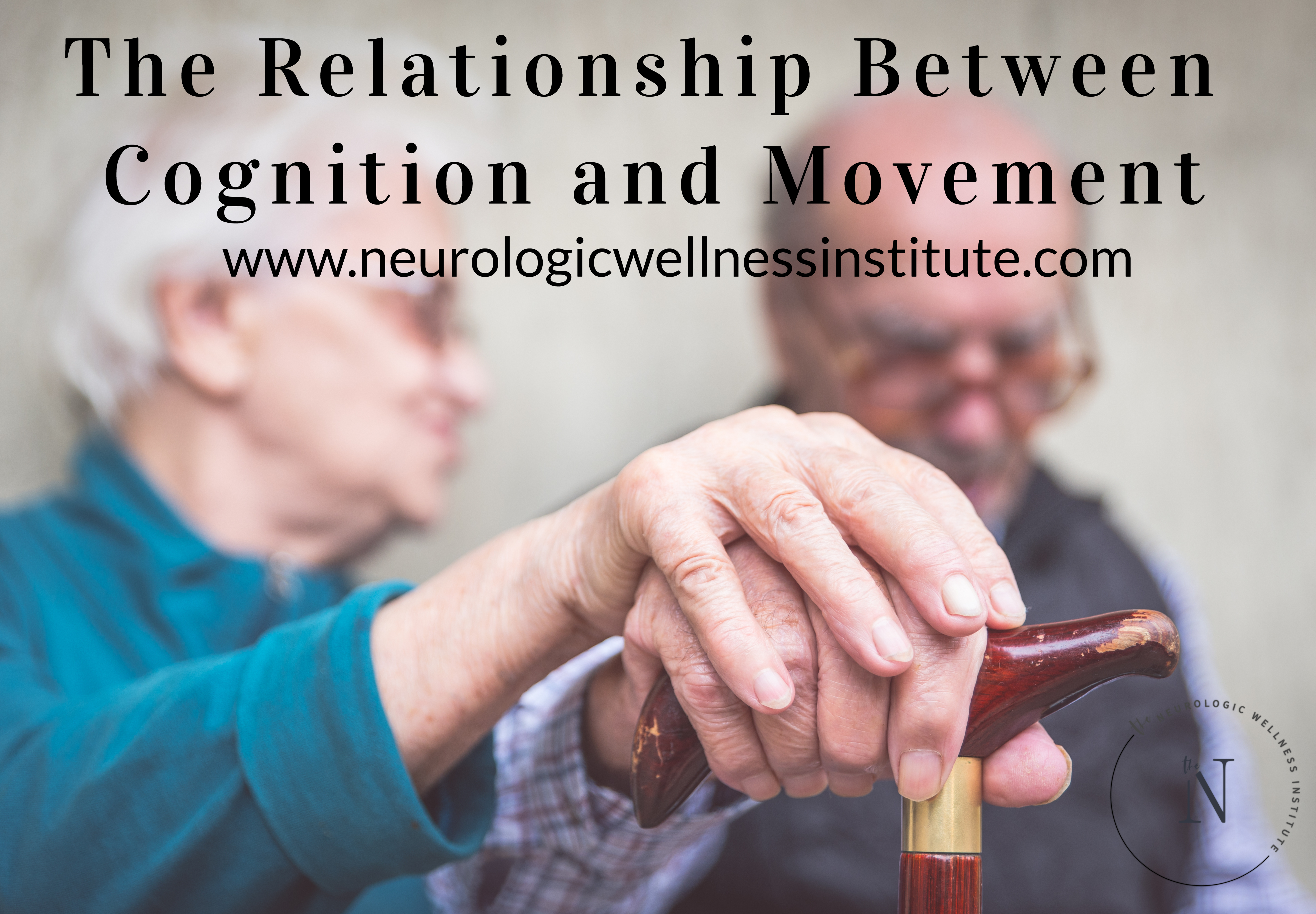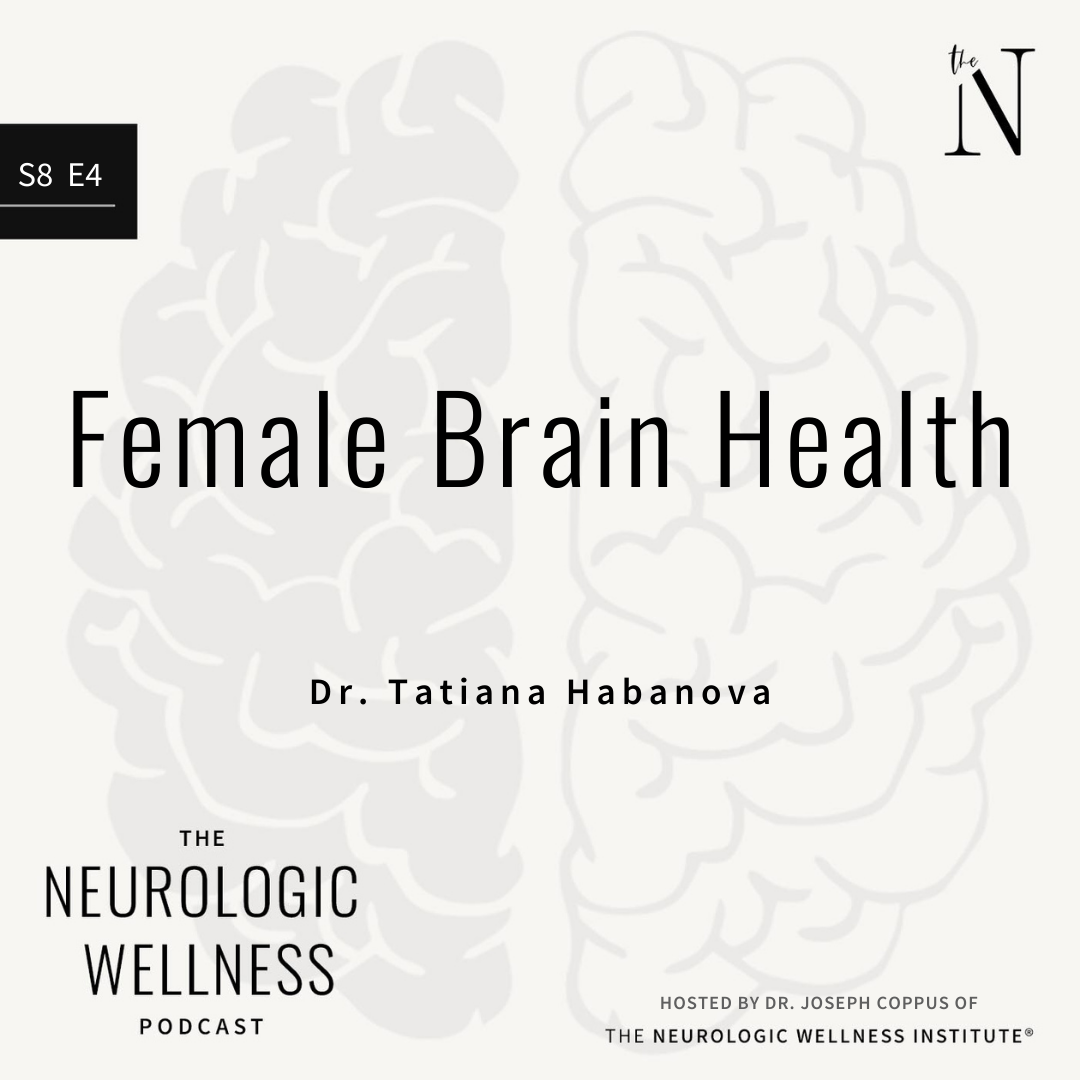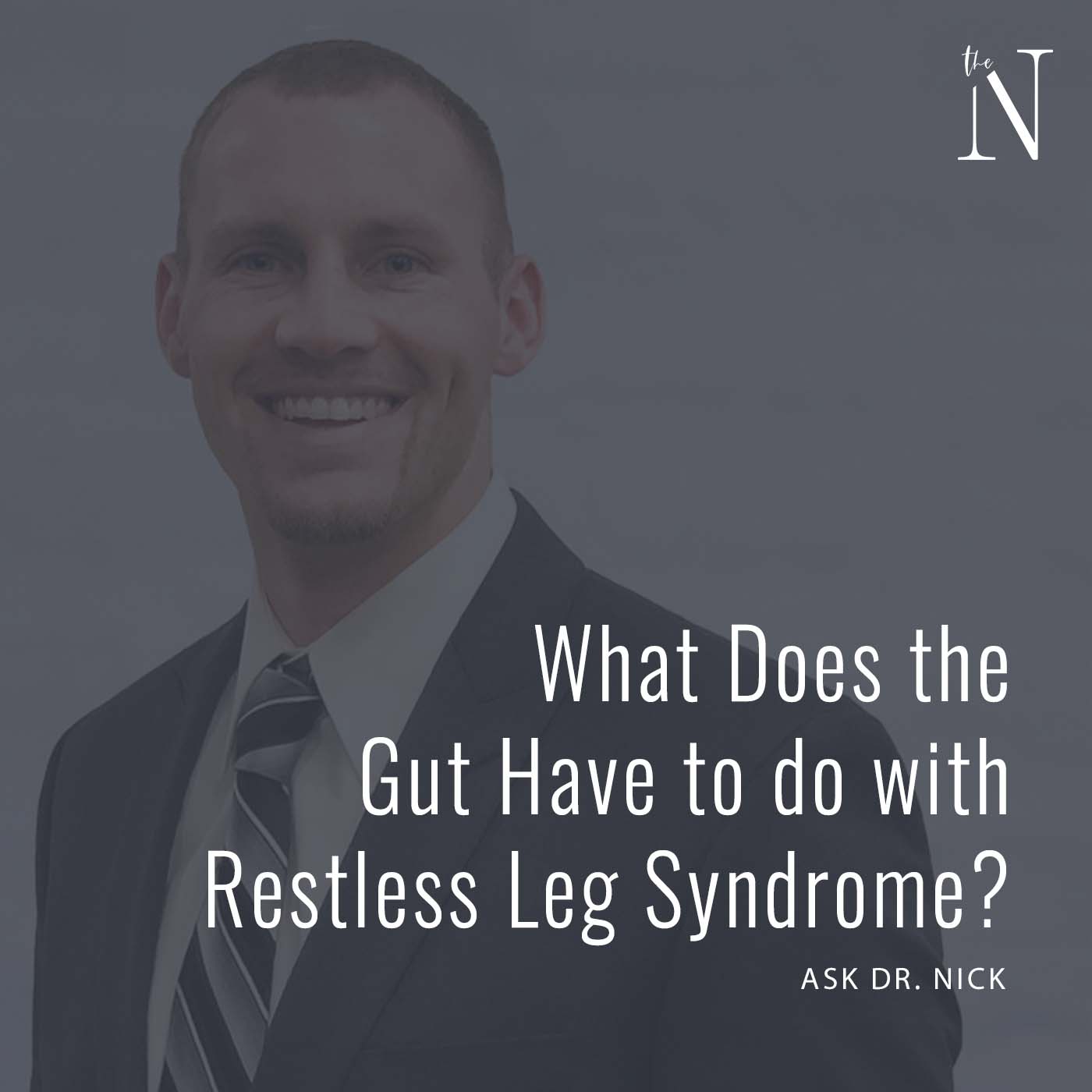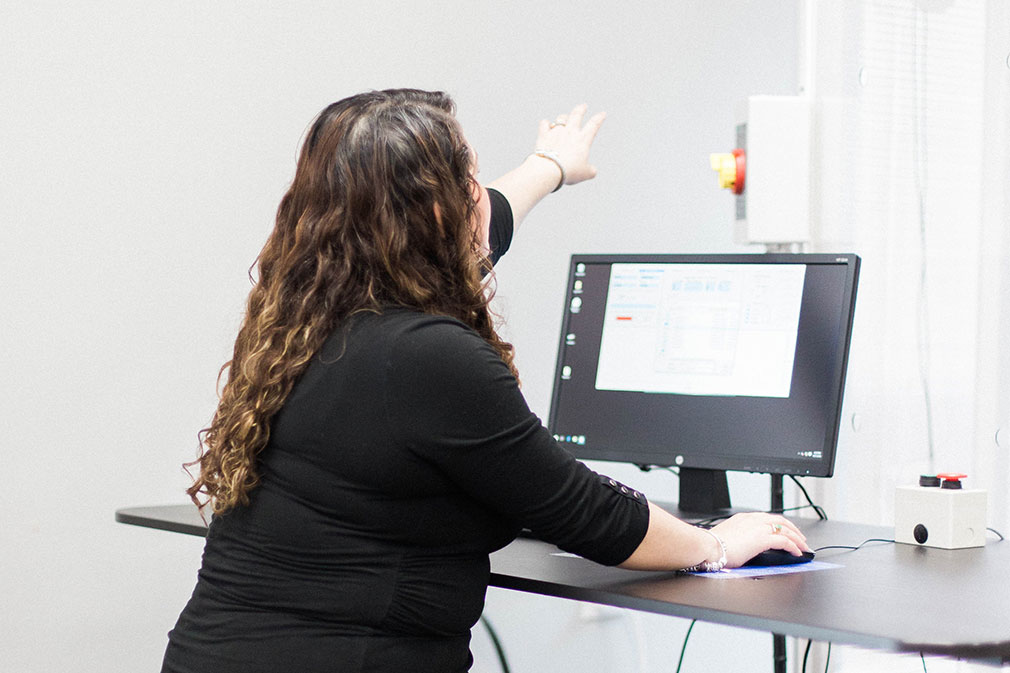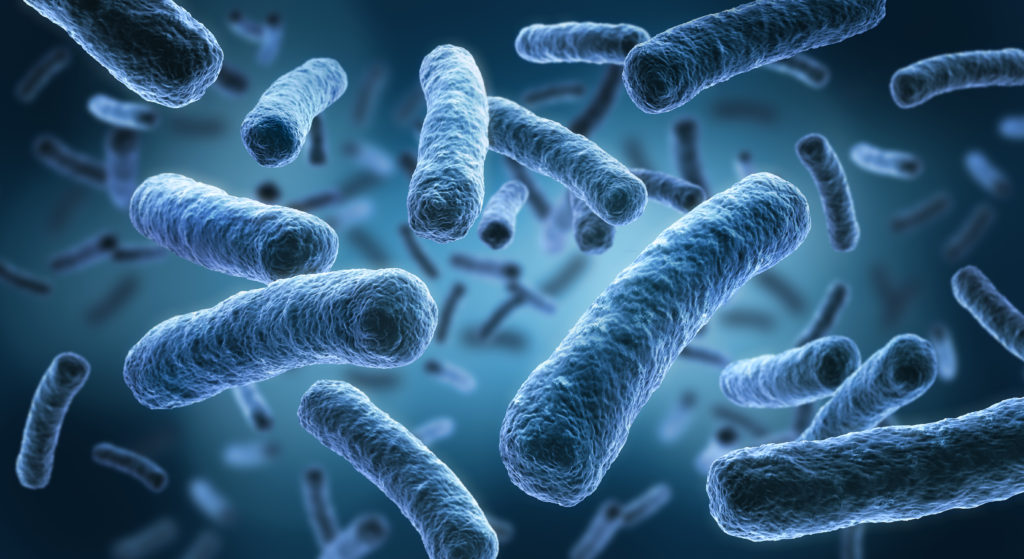
Close to 1 in 5 US adults live with a mental illness (47 million people), with only half actively receiving treatment. Unknown to most people, our emotions, cognition, behavior, and mental health are influenced by a large number of foreign microbes and viruses that reside in both our brain and our gut. Many parasitic and non-parasitic microbes take up temporary or permanent residence in our bodies and can affect our behavior.
Our Gut Bugs
Our guts have 10 times more foreign microbes than human cells and 100 times more foreign microbes than human genes. The human gastrointestinal tract houses up to 100 trillion microorganisms, belonging to more than 7,000 strains. Each of us harbors at least 160 different bacterial species in our guts at vastly different proportions. Although these gut microbes do not live in the brain, they still can have an effect on behavior.
How Microbes and Inflammation Change Our Genes, Brain, and Gut
The interactions between foreign microbes and human cells influence both genetics and brain health. These influences have been shown to be associated with anxiety and abnormal responses to stress. Bacteria are capable of producing chronic, low-grade inflammation which has been associated with a variety of mood disorders such as anxiety and depression. However, inflammation is not required for gut bacteria to affect the brain. In humans, emotional stress reduces the number of beneficial gut bacteria such as bifidobacteria and lactobacilli and creates more room for the expansion of detrimental gut bacteria.
Although our immune system has been shaped over millions of years to recognize and destroy non-self cells, all the entities described here share a demonstrable capability to circumvent, defeat, or hijack our defenses. We are not organisms, but rather super organisms, and understanding our behavior ultimately requires an understanding of the network of selfish entities that inhabit our body and actively interact with it. It is time to change the concept that we have of ourselves and to realize that one human individual is neither just human nor just one individual. We are comprised of a vast array of organisms that interact together.
For more information on the type of conditions, our clinicians help with, schedule a consult with one of our patient care coordinators.
Kramer, Bressan. Humans as superorganisms. Perspectives on Psychological Science. 2015.

